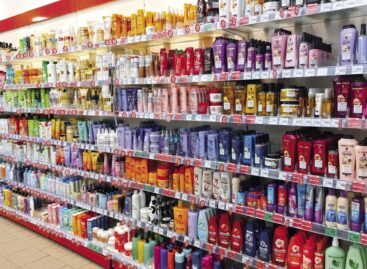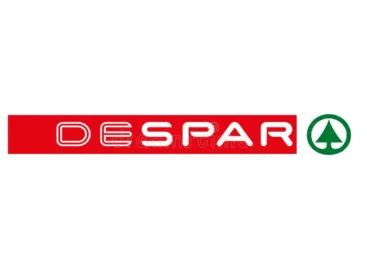Around the world in 30 minutes – the horizon through NIQ binoculars
It has been a turbulent year – this is how Erik Vágyi, managing director of NIQ began his presentation on the fourth day of the Business Days.
This article is available for reading in Trade magazin 2023/12-01

Vágyi Erik
ügyvezető
NIQ
Worse inflation that then regional average
The first two quarters of 2023 brought a low point in sales, with a volume drop around 10% and FMCG price rises of 34% and 28%, respectively. Although the size and speed of price hikes are reducing, this just means that consumers are hurting less each period, and falling inflation isn’t increasing their real income.
In Hungary volume sales declined more than anywhere else in Europe. Inflation – it is currently at 16.4% – peaked later in Hungary and is falling much slower than in the rest of the region. According to an OECD study, Hungary is the country with the largest real wage decline in the 34 countries surveyed (16%), which has a big influence on the trends.
Shoppers focus on saving strategies and prices
The NIQ consumer optimism index rose from 69 points in January to 81 points in August. This is nice in itself, but the scale goes up to 200 points, so we are definitely not out of the pessimistic zone. Typical consumer strategies in this situation are buying more consciously, looking for special offers and promotions, and cutting back or switching to cheaper products. For instance 91% of shoppers say they “buy only the essentials”. Before choosing a store for shopping, eight out of ten shoppers read the promotional leaflets of the different retail chains. Since 2008 there hasn’t been a single period when four out of the top 10 store choice criteria weren’t related to price: low prices for most products, good value for money, better promotions, and the presence of private labels in the given store type.
Discounters are thriving, but drugstores are also successful amid the price war
Although discounters have the upper hand, if we look at the food and chemical product segments separately, we see that within the food category discounters have increased their share by 2%, but in the chemical product category drugstores have been able to achieve a 2.5% market share increase. In the food segment discounters offer the cheapest products in 93% of the categories. The dominance of discounters is also felt in the chemical product segment (67%), but in 17% of the categories drugstores are the cheapest, also ranking second in a further 19% of categories. In times when shopper budgets are tight, loyalty programmes can also offer an alternative to successful survival. The proportion of shoppers who say they own a loyalty card has increased by 10-20% in a year.
Private labels are making inroads
In Hungary the market share of private labels (PL) continues to grow. Hungary is right behind the top 10 private label countries, with a very high PL share of 31%, and we can expect further growth in the coming years. The value sales growth in the overall food market is 23%, compared to 31% for PL products and 20% for manufacturer brands. In the chemical product category, the growth rate of PL products is 41-42% in the drugstore channel. In every respect, the evolution of the drugstore channel sends an exemplary message in the current situation: it isn’t a given that changes at channel, manufacturer or retailer level always follow the national trend. In a negative macro trend, it is possible to build a successful strategy that takes into account the customer and their changing needs, bringing not only value but also volume growth. //










